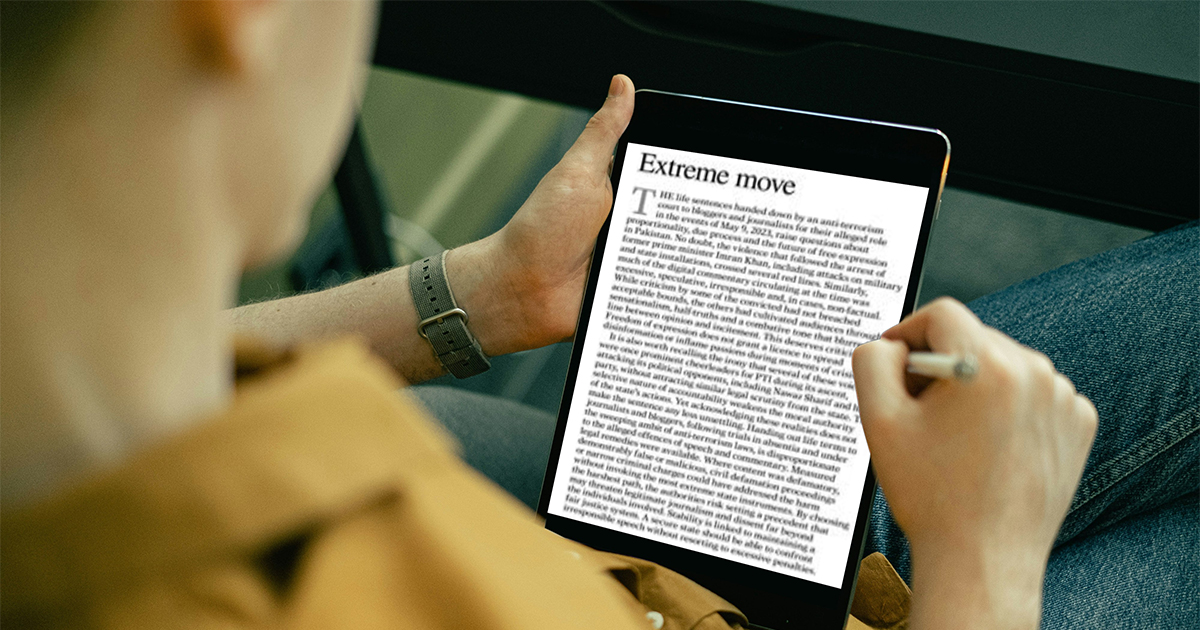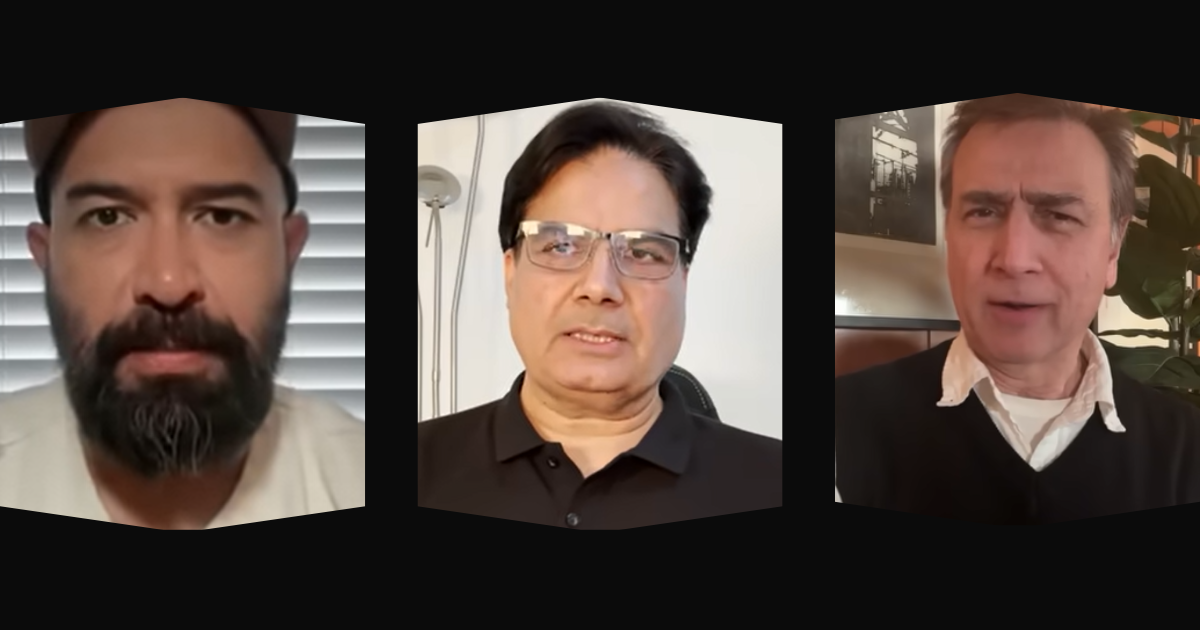Benazir Shah targeted by AI video as Shahzeb Khanzada faces backlash
JournalismPakistan.com | Published: 17 November 2025 | JP Staff Report
Join our WhatsApp channel
Recent incidents involving Benazir Shah and Shahzeb Khanzada highlight the challenges facing Pakistani journalists in terms of safety and ethical reporting. Rising AI harassment and public backlash pose significant threats to press freedom.Summary
ISLAMABAD – Pakistani journalists are navigating an increasingly perilous media landscape, where AI-generated harassment, social media amplification, and public backlash are creating new challenges for press freedom and ethical reporting. Two recent incidents highlight the tensions between journalist safety, accountability, and the boundaries of responsible coverage.
Benazir Shah stands against AI harassment
Journalist Benazir Shah condemned a viral AI-generated video of her circulating on social media, which was posted by an X account followed by Federal Information Minister Ataullah Tarar. Shah called the incident deliberate harassment and defamation, stating that such attacks will not silence journalists. She refused to pursue a case under the Prevention of Electronic Crimes Act (PECA) through the NCCIA, citing a history of misuse of the law against journalists and private citizens.
Shah argued that laws intended to protect society have instead been weaponized against dissent, calling for a complete overhaul of PECA and a genuine consultation process to draft legislation that protects journalists without curbing free expression. The incident has drawn widespread attention, with fellow journalist Munizae Jahangir praising Shah for her principled stance, emphasizing that attacking journalists for their reporting reflects intolerance and immaturity in public discourse.
Shahzeb Khanzada criticized for agenda-driven reporting
In a parallel controversy, Geo News anchor Shahzeb Khanzada faced sharp criticism after a video went viral showing a man shaming him for reporting on a sensitive maintenance case. While harassment is universally condemned, critics argue that Khanzada’s coverage itself contributed to the backlash. Senior journalist Imtiaz Gul noted that reporting intimate and controversial details, especially when amplified on a mainstream channel, risks provoking strong public reactions.
TV producer Adeel Raja directly criticized Khanzada, stating that agenda-driven journalism, highlighting personal aspects of private cases, makes journalists vulnerable to retaliation. Khanzada’s role in promoting a politically charged case against Imran Khan drew scrutiny, with critics asserting that his editorial decisions reflected sensationalism rather than responsible reporting.
Azhar Abbas, Managing Director of Geo News and President of the Association of Electronic Media Editors and News Directors (AEMEND), defended Khanzada and condemned harassment. However, many journalists insist that defending an employee should not absolve media professionals from accountability in reporting. These incidents raise broader questions about editorial responsibility, the ethics of agenda-driven coverage, and the fine line between holding public figures accountable and exploiting private matters for viewership.
Press freedom, ethics, and public accountability
The combined controversies underscore a growing challenge for Pakistani media. Journalists now face AI-based harassment, viral backlash, and polarized audiences while navigating complex ethical responsibilities. The Shah and Khanzada incidents illustrate two sides of this dilemma: the personal vulnerability of journalists to technological harassment, and the professional consequences of controversial reporting choices.
Experts say that Pakistani media must prioritize ethical reporting and transparency while fostering public awareness about the distinction between responsible journalism and content that provokes outrage. Legislative reform, particularly revisiting PECA and NCCIA mandates, is increasingly seen as critical to safeguard journalists and preserve press freedom in the country.
KEY POINTS:
- Benazir Shah targeted by AI-generated video; refuses PECA case, calls for law reform.
- Shahzeb Khanzada criticized for sensationalized, agenda-driven reporting of sensitive case.
- Media professionals emphasize ethical responsibility and careful editorial judgment.
- Geo News defends Khanzada, but critics call for accountability in coverage decisions.
- Incidents highlight risks from AI harassment, social media amplification, and polarized audiences.

























